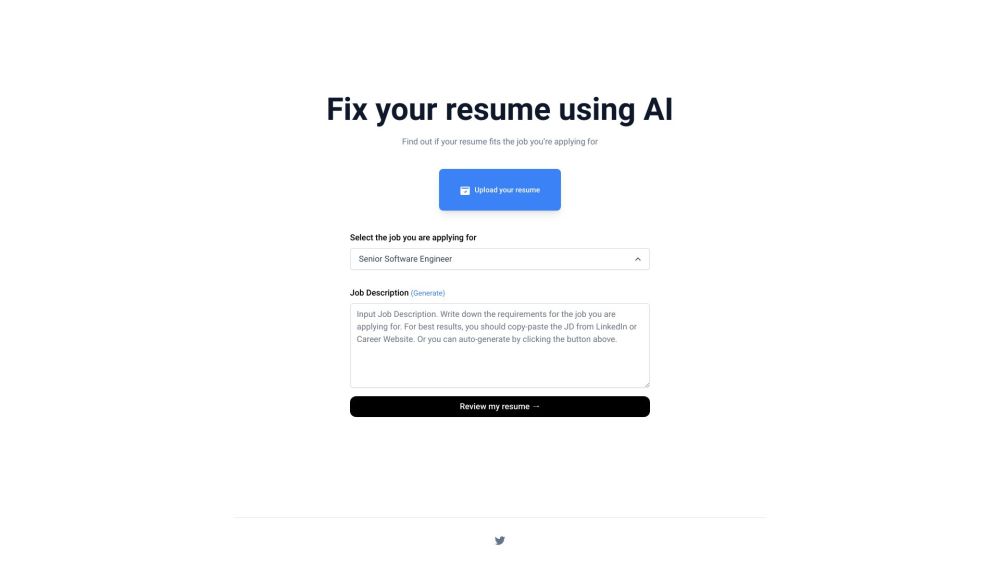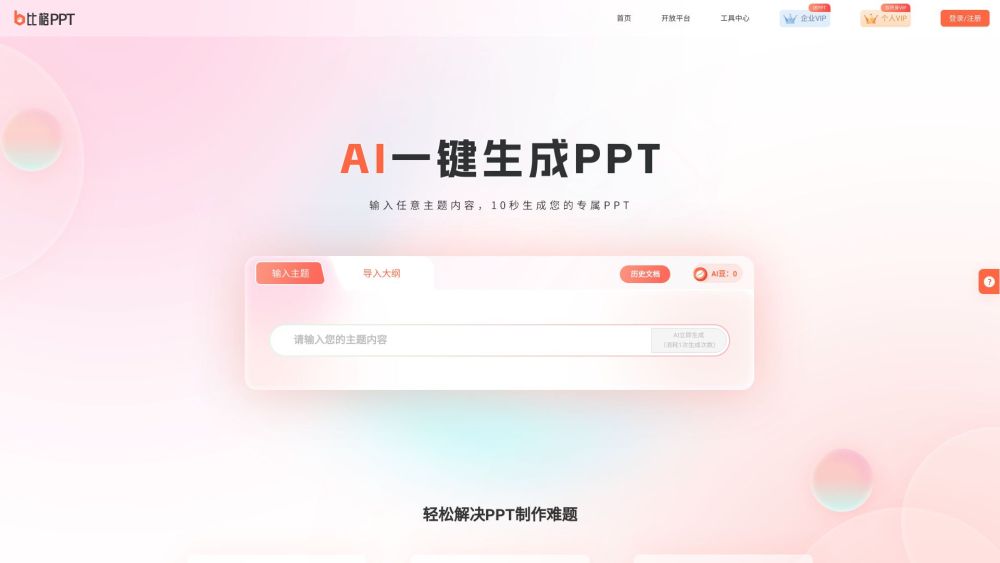Be Cautious When Using Google’s Gemini Apps: What You Need to Know
When using Gemini, Google's suite of Generative AI apps, it’s important to avoid entering any sensitive or incriminating information. This advice comes directly from Google in a new support document that clarifies how user data is collected across its web, Android, and iOS Gemini chatbot applications.
Google states that human reviewers routinely access and analyze user conversations with Gemini to enhance the service. While these conversations are categorized as “disconnected” from Google Accounts, the specifics regarding whether these reviewers are in-house or external remain unclear, raising potential data security concerns. Google retains these conversations for a period of up to three years, along with associated metadata such as device types and user locations.
Fortunately, Google provides users with some options for managing their data. By disabling the Gemini Apps Activity in the My Activity dashboard—enabled by default—you can stop your conversations from being saved to your Google Account, nullifying the three-year retention period. Additionally, users can delete specific prompts and conversations from their Gemini Apps Activity page.
However, Google cautions that even when the Gemini Apps Activity is turned off, conversations may still be stored in a Google Account for up to 72 hours for safety and enhancement purposes. “Please refrain from submitting confidential information or data you wouldn’t want reviewed or leveraged for product improvement,” Google advises.
Notably, Google’s data collection and retention practices are similar to those of its competitors. For instance, OpenAI retains all ChatGPT conversations for 30 days, regardless of whether users disable the chat history feature, unless they subscribe to enterprise-level plans with customized data policies. This underscores the ongoing challenge of balancing user privacy against the need for data in refining Generative AI models.
The extensive data retention practices of GenAI providers have drawn scrutiny from regulatory bodies. Last summer, the FTC sought information from OpenAI regarding how it handles data used for model training and its protection against third-party access. Additionally, the Italian Data Protection Authority expressed concerns over OpenAI's lack of a “legal basis” for mass personal data collection for training purposes.
As the use of Generative AI tools expands, organizations are becoming increasingly cautious regarding data privacy. A recent Cisco survey revealed that 63% of companies have implemented restrictions on the type of data entered into GenAI tools, while 27% have outright banned their use. Alarmingly, 45% of employees admitted to inputting sensitive information, such as personal details and confidential company documents, into GenAI technologies.
While major companies like OpenAI, Microsoft, Amazon, and Google provide enterprise-focused Generative AI solutions that do not retain user data, consumers often bear the brunt of less stringent policies.





